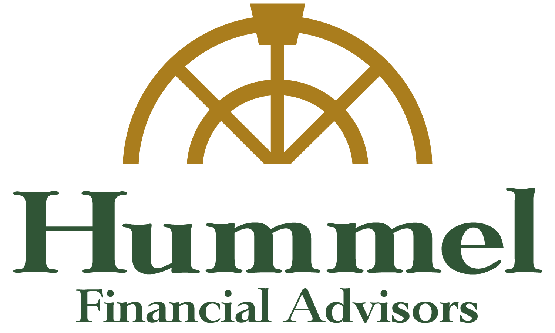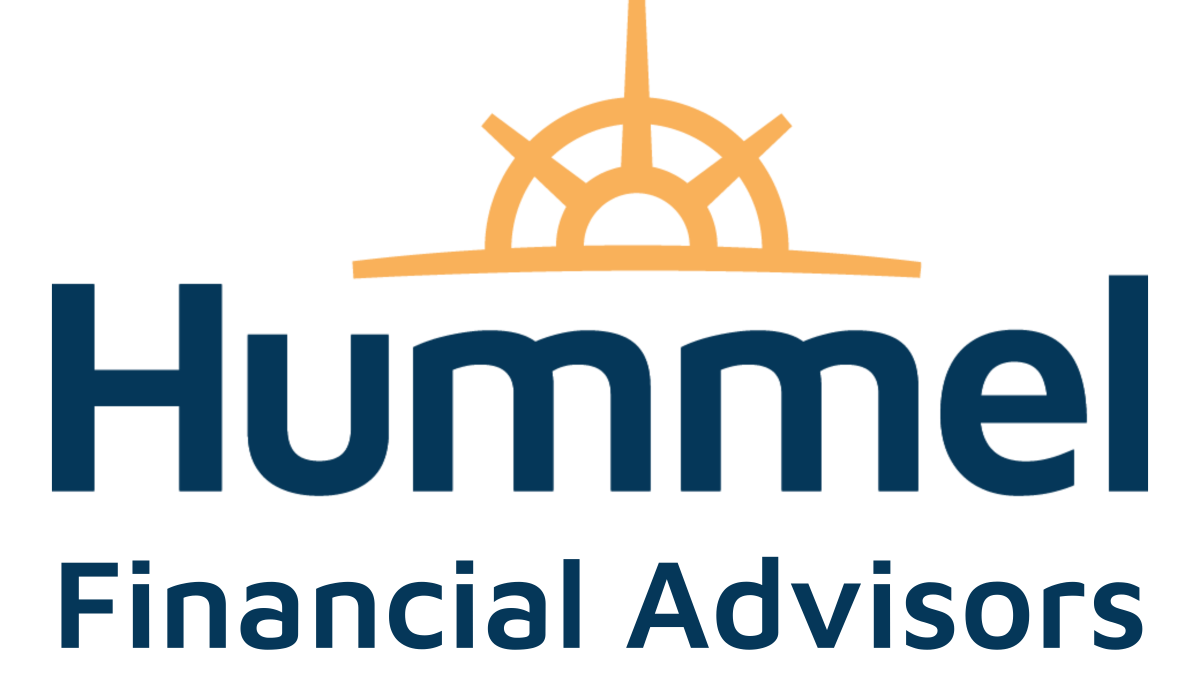
Did You Know?
According to the annual Kaiser Family Foundation and the Health Research & Educational Trust employer health benefits survey, over half of large employers have embraced telemedicine, with 63% offering health care services through this method.
Of these employers, 33 percent offer financial incentives to receive health care services this way, as opposed to an in-person physician visit.
For more information on telemedicine, or to see the survey in full, contact Hummel Group today.
Benefit Plan Limit for 2018 Announced
Many employee benefits are subject to annual dollar limits that are periodically increased for inflation. The IRS recently announced cost-of-living adjustments to the annual dollar limits for various welfare and retirement plan limits for 2018. Although some of the limits will remain the same, many of the limits will increase for 2018.
Employers should update their benefit plan designs for the new limits and also make sure that their plan administration will be consistent with the new limits in 2018. Employers may also want to communicate the new benefit plan limits to employees during annual open enrollment.
Health Savings Account 2018 Contribution Limits
- Self-only high deductible health plan (HDHP) coverage - $3,450
- Family HDHP coverage - $6,900
- Catch-up contributions* - $1,000
HDHP 2018 Limits
- Self-only coverage minimum deductible - $1,350
- Family coverage minimum deductible- $2,700
- Self-only coverage out-of-pocket maximum (OOPM)- $6,650
- Family OOPM - $13,300
Flexible Spending Account (FSA) 2018 Contribution Limits
- Health FSA - $2,650
- Dependent care FSA* - $5,000 ($2,500 if married and filing taxes separately)
401(k) 2018 Contribution Limits
- Employee elective deferrals - $18,500
- Catch-up contributions - $6,000
*Not adjusted for inflation
Individual Mandate Compliance Policy Reversed
In October, the IRS reversed a recent policy change in how it monitors compliance with the Affordable Care Act's individual mandate. Individuals should keep the following in mind when filing 2017 tax returns:
- The IRS will not accept electronically filed tax returns where the taxpayer does not certify whether the individual had health insurance for the year.
- Paper returns that do not certify compliance with the individual mandate may be suspended pending receipt of additional information, and any refunds due may be delayed.
To avoid refund and processing delays when filing 2017 individual tax returns in 2018, taxpayers should indicate whether they (and everyone on their return) had health coverage, qualified for an exemption or are paying an individual mandate penalty.
For questions on these topics or to discuss your Health & Employee Benefits plans with one of our Risk Advisors, contact us today.
© 2017 Zywave, Inc. All rights reserved


